Food Safety Training
The Food Safety Modernization Act (FSMA) was passed into law in 2014 to further the food safety of produce produced and consumed by the public. The US Food and Drug Administration was tasked to develop and implement regulations related to FSMA. Included in this is a comprehensive effort to train growers and suppliers such that they meet certification requirements of FSMA. FDA is working with public and private partners to ensure training programs meet the needs of those who must comply with the new FSMA standards, no matter their size, nature or location. It is important to make sure that those involved in the food supply chain know what training and education resources are available and how to gain access to the trainings.
Understanding and implementing produce safety practices are important to the safety of fruits and vegetables and to the viability of their farm business. Produce safety practices may be required by many buyers, as well as federal regulation if the farm is subject to the FSMA Produce Safety Rule.
In September 2016, the Indigenous Food and Agricultural Initiative (IFAI) at the University of Arkansas was named as the Native American Tribal Center for Food Safety Outreach, Education, Training and Technical Assistance. IFAI is cooperating with a wide array of partners, including the Intertribal Agricultural Council, to bring a series of webinars and face-to-face certification trainings to tribal producers and food businesses to fulfill requirements of FSMA.
Free Training In-Person & Online
Grower Training Course Information
The Food and Drug Administration requires at least one supervisor or responsible party to complete food safety training for covered farms. As part of our work in the Tribal Food Safety Alliance, the Indigenous Food and Agriculture Initiative (IFAI) offers FREE training for Tribal farms and producers.
What does the Grower Training Course look like?
The seven-hour training covers:
- Produce safety
- Worker health, hygiene, and training
- Soil amendments
- Wildlife, domesticated animals, and land use
- Agriculture water (Part 1: production water; Part II: post-harvest water)
- Post-harvest handling and sanitation
- Farm food safety planning
Why Attend?
Participants who successfully complete the course will gain a foundation of Good Agricultural Practices (GAPs) and co-management information, FSMA Produce Safety Rule requirements, tools, and information to develop a farm food safety plan. Attendees will also gain a greater understanding of how microorganisms impact food safety, as well as how to identify microbial risks and implement food safety practices to reduce microbial risks.
Determine whether your operation is covered by the Produce Safety Rule and/or schedule a Grower Training by reaching out to IFAI’s Food Safety Specialist, Meagen Baldy: mbaldy@uark.edu or Tribal Enterprise Director, Steven Shedd: sshedd@uark.edu.
Food Safety Assessment
We need input from Native farmers, ranchers, and food businesses to design the best Native food safety program to meet your needs.
The purpose of the survey is to find out how IFAI can best meet the food safety compliance needs under the new Food Safety Modernization Act for training, technical assistance, education and training. The questions are designed to assist IFAI in determining best locations and focus for curriculum and content. Completing this survey should take no longer than 3-5 minutes. Your participation is entirely voluntary and refusing to participate in the survey will not adversely affect any other relationship with the Indigenous Food and Agriculture Initiative.
2020 Report of the Tribal Center for Food Safety, Outreach, Education, Training, and Technical Assistance
This report discusses the full scope of the work IFAI conducted pursuant to this cooperative agreement with FDA and represents the culmination of four years of outreach, curriculum development, and collaboration with IFAI stakeholders and FDA.
